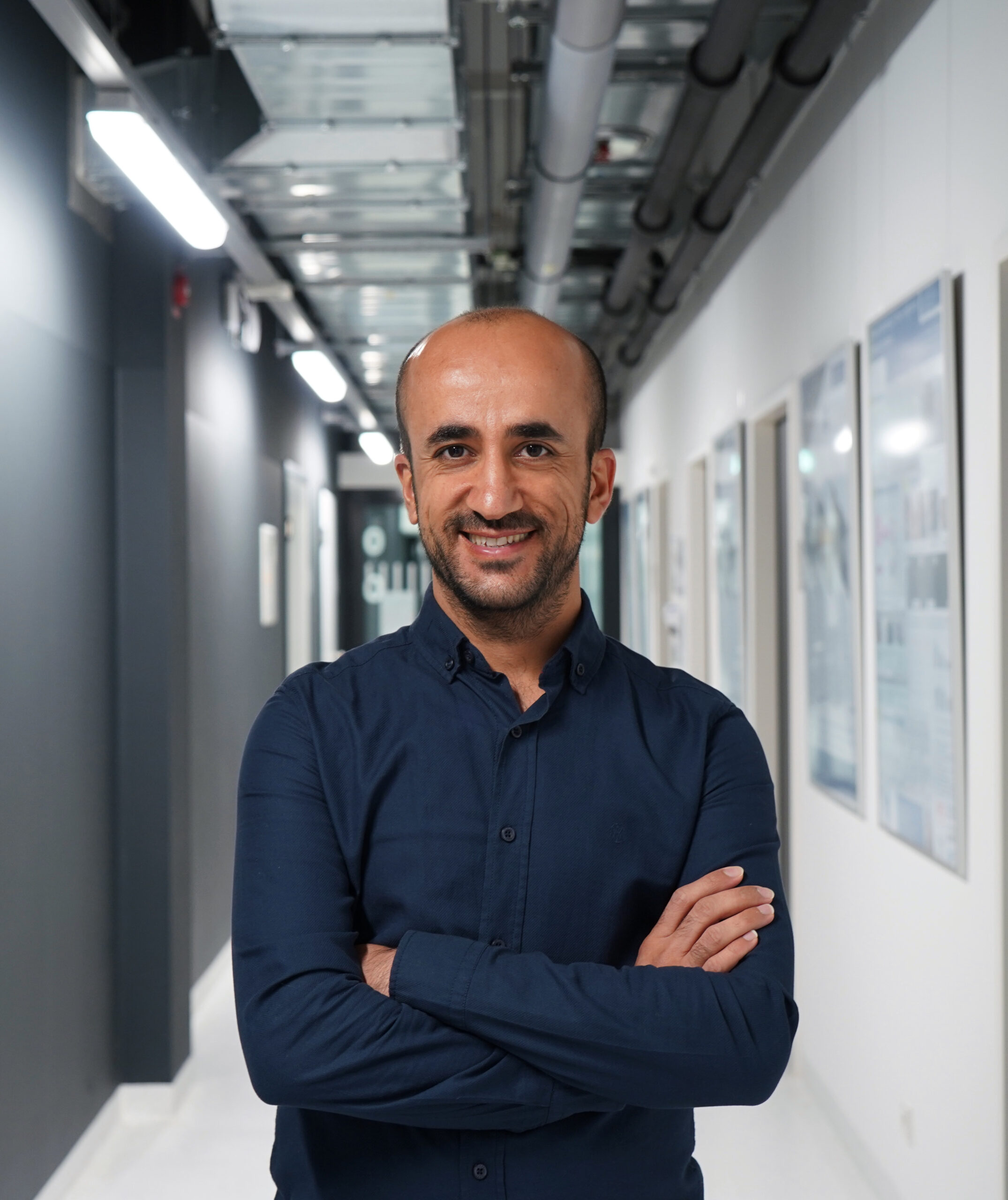PhD in Cancer Biology, University of Otago (2016)
| Investment Manager | |
|---|---|
| Ministry of Business, Innovation and Employment, New Zealand | |
Year entered into a non-academic position: 2020
Job highlight: Seeing the huge diversity of fascinating science right across the New Zealand system
My research training set me up to… Quickly understand and synthesise large volumes of complex information and be able to present it in a way that can be understood by all audiences
Left academia after: 3 years 6 months of postdoctoral work
What’s your background?
I went to university because I was good academically and knew I wanted a career in science, though I did not know what form that would take. After my undergraduate studies and a successful honours year, I did my PhD in cancer biology, which I really enjoyed. Then, I was awarded a fellowship to undertake post-doctoral work at the University of Oxford. After 2 years in the UK, I returned to New Zealand to do another short postdoc, before leaving academia and entering a new role in the public sector.
Why did you move away from academia?
I always had an issue with the lack of job security in academia. Couple this with wanting to return to New Zealand, which, as a small country, has a smaller pool of researchers – I knew that long term it would be very difficult to stay in academia in my chosen field of research.
Is there anything you miss about academia?
The people and the shared sense of achievement that brings – such as when a paper is finally published.
How did you get this job? Did you face any challenges when considering a move away from academia or applying for the role?
I just applied! The challenges I faced were more around finding the kinds of jobs where I felt my skills and background would be valued. I had not really looked at jobs outside academia before, so this was new to me.
What motivated you to/why did you choose the sector you transitioned into?
The public sector has a lot of opportunities and government jobs are also often permanent, with good networking connections. Once you are employed in the public sector it is very easy to move between agencies and try out other roles on short term secondments should you choose to do so.
Did you think you had the skills required for your current position before you started? Were you right?
Yes – I knew a research background would be of value when managing research contracts and public investments in science.
How did your PhD prepare you for your current job? For example, what were the transferable skills that you developed during your PhD that are most relevant to your current job?
Having an understanding of how science works and that even the best planned experiments can result in proving the null hypothesis. When researchers ask for a variation of their contract, being able to recognise when the changes requested are science-led and when there has simply been poor project management is very beneficial.
Did you have any preconceptions about your sector that proved to be wrong?
I did not have an appreciation for just how much work goes into getting science funded – from finding the most suitable assessors, to negotiating contract clauses, to preparing presentations on funding rounds.
Decision making is also quite structured and procedural, and as public sector employees we need to uphold good records management practice.
Can you describe a typical week in your job?
It varies quite a lot, and is dependent on where we are at in a particular funding cycle. Some typical activities would be: – meeting with researchers whose work we have funded, attending industry and research conferences and events, working on process improvements, contributing to policy development, responding to official information act requests, conducting site visits, and day to day contract management, relationship management, and project management.
What is the workplace culture like? Please include comments on work-life balance, flexibility, remote working?
We have a strong team culture and pieces of work that need to be completed are the responsibility of the team and not of the individual. This means that we are quite flexible and help each other out when needed. Work-life balance is good – we do not work evenings or weekends, though I do have the occasional early morning call with Europe. Most of my team members work at home at least one day a week and one works from another city quite frequently. There is a strong focus on wellbeing with my employer, which means we pay attention to workload balancing and resourcing and will re-prioritise pieces of work when needed.
Do people with a PhD frequently get hired in the company/sector?
Yes – in my team all but one of us has a PhD in science. More broadly across other teams there are also a number of people with PhDs. Investment Managers in other sectors, such as venture capital firms, also often have PhDs.
What are your favourite parts of your job?
Hearing enthusiastic scientists talk about their pet projects (especially as I used to be one of them!).
What are your reflections on your career path?
I enjoyed my time in academia, and don’t regret the choices I have made. I don’t know where my career in the public sector will take me, but I do know it has opened up a number of opportunities for me.
Do you have any advice for current graduate students and postdocs considering a career outside of academia?
Don’t be afraid to leave – there are intellectually stimulating jobs that utilise your skills that exist outside of academia and traditional research careers.
What do you know now that you wish you’d known when exploring a transition?
How the government works! After working in university systems I thought I had a handle on how large organisations operate. Government has processes to follow and having an understanding of those and how my role contributed would have been useful.
Can you recommend any relevant resources, organisations or events that might help somebody new to the sector find out more about it?
The most useful thing would be to talk to someone in a public sector position – government websites cannot accurately capture what it is really like.





